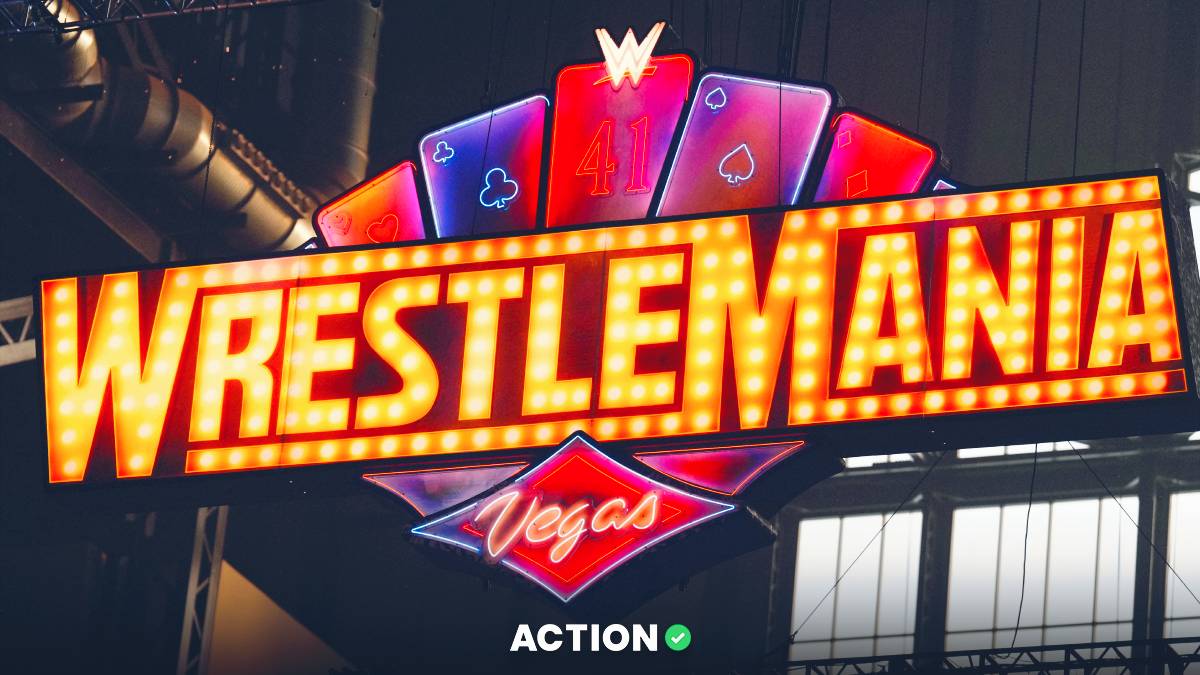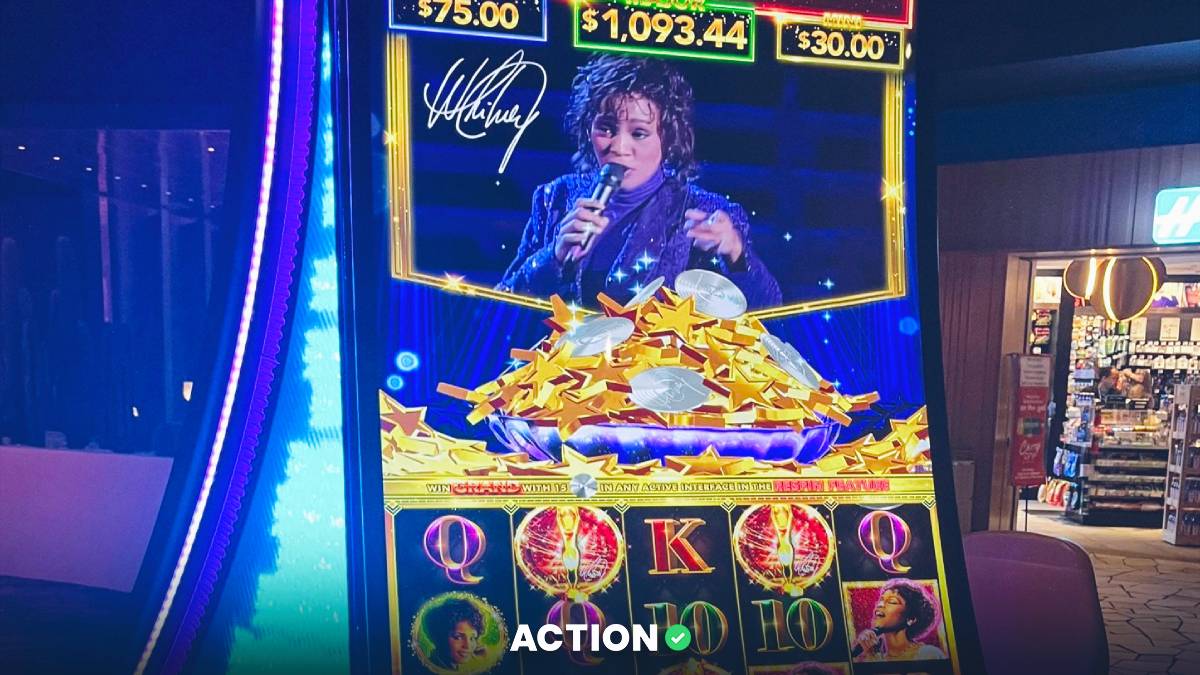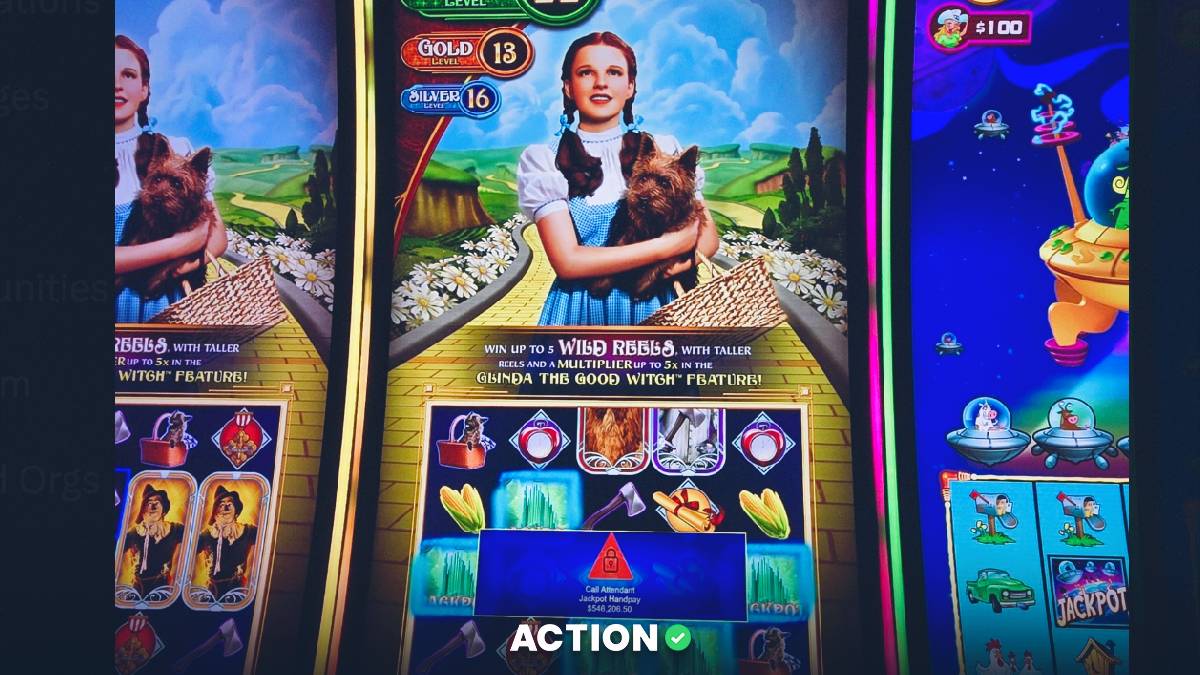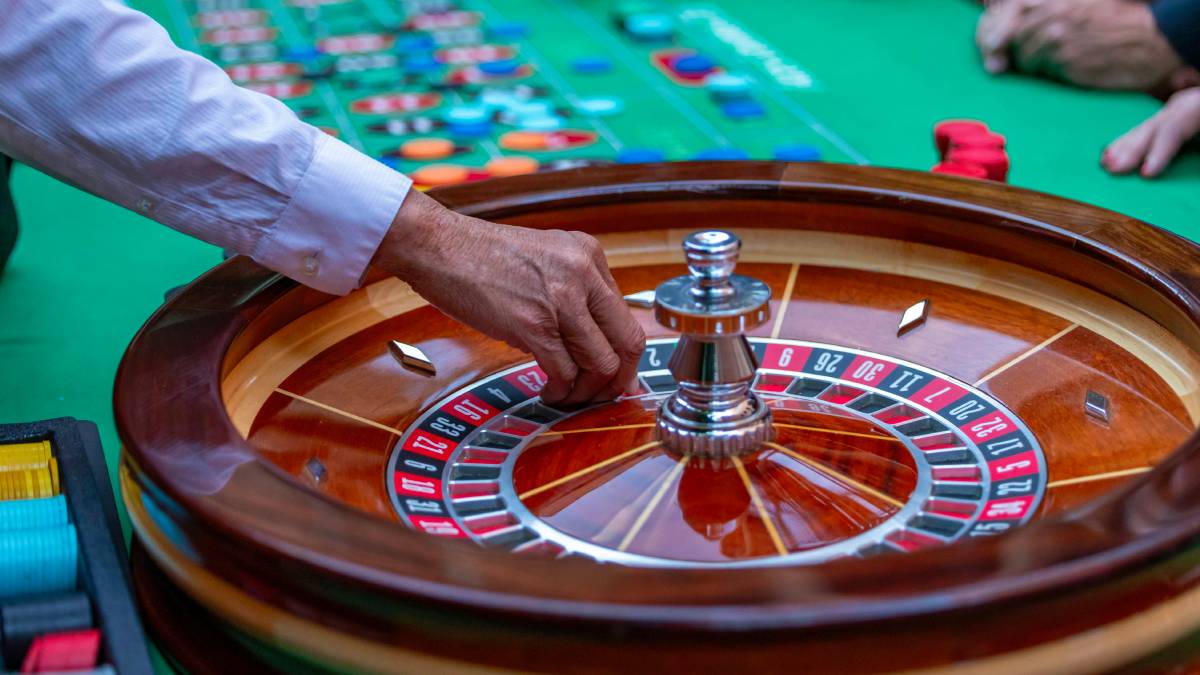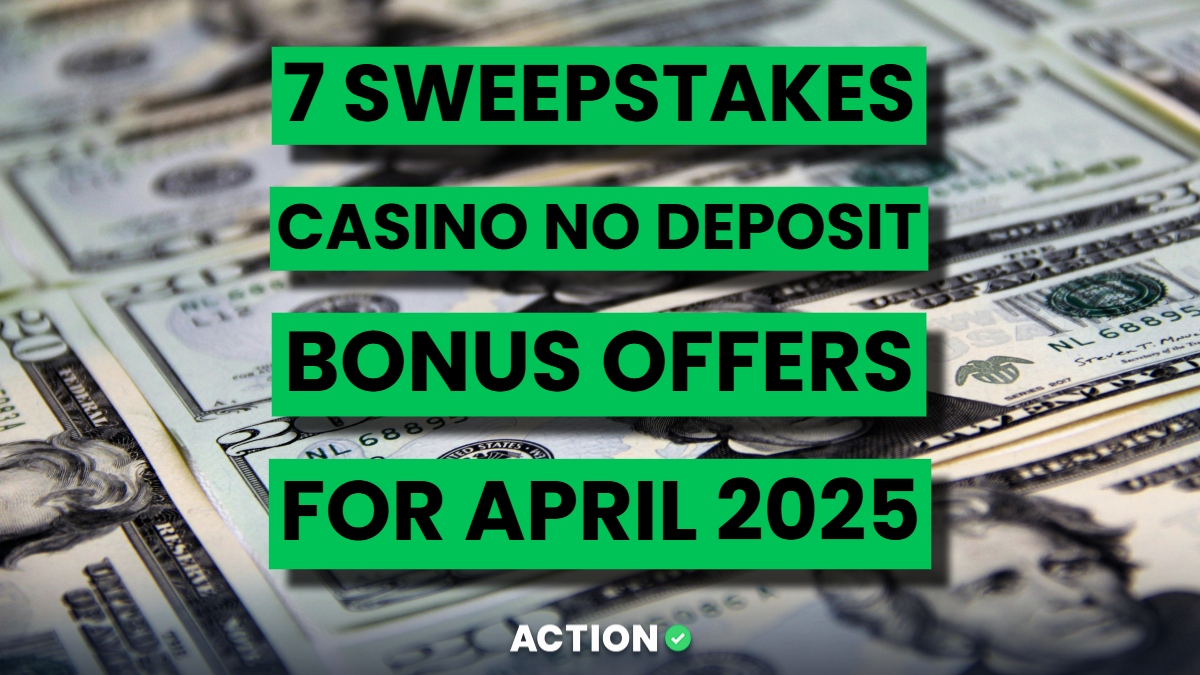With less than 50 days until the 2024 U.S. presidential election, betting on political markets has reached a proverbial fork in the road.
While it is illegal in the U.S. to bet on the candidate who will become the 47th president, one exchange, Polymarket, has handled nearly $1 billion in wagers on the market. Another, Kalshi, launched an event contract last week that allowed users to wager on the balance of power in Congress through its regulated exchange and prediction market. Kalshi's market remained open for approximately eight hours until the company pulled the contracts, citing a “pending court process.”
At issue in KalshiEx LLC vs. the U.S. Commodity Futures Trading Commission (CFTC) is whether the designated contract market can list contracts on political events before November’s election. After a U.S. District Court judge sided with Kalshi in a Sept. 6 ruling, the CFTC filed an emergency motion with the U.S Court of Appeals for the District of Columbia Circuit to stay the ruling.
On Thursday, a three-judge panel from the circuit court heard oral arguments on the stay. The CFTC seeks an injunction that suspends Kalshi from listing and trading the election contracts before a full appeal is heard.
During a lively two-hour and 40 minute hearing, the panel grilled attorneys on both sides. The appellate court has not set a timeline for issuing a ruling. The closely watched decision will likely set the stage for regulations on political event wagering in the near future.
An 'Election Cop'
Last September, the CFTC issued an order prohibiting so-called “Congressional Control Contracts” from being listed or made available for trading on Kalshi. The contracts feature a binary option on the political party that will gain control of each chamber of the 119th U.S. Congress following the upcoming election.
On the one hand, CFTC Chairman Rostin Behnam noted that the commission should be granted the authority to combat fraud, manipulation and false reporting in underlying commodity markets. On the other, he emphasized that it would be impractical for the CFTC to exercise its oversight authorities for political contests. By doing so, the CFTC would essentially be responsible for serving as an “election cop," he noted.
The CFTC is an independent agency that regulates U.S. derivatives markets, including financial products such as swaps, futures and certain types of options. The commission was created in 1974 under the Commodity Exchange Act (CEA), a federal law enacted nearly four decades earlier. The act spells out why certain derivatives may be contrary to the “public interest” if they appear on an exchange.
By May, the CFTC proposed banning event contracts on delicate issues under the CEA. CFTC regulations implemented after the 2010 Dodd Frank Act applied a public-interest test for event contracts. Kalshi’s lawsuit against the CFTC concerns the interpretation of the CEA’s special rule on event contracts, U.S. District Court Judge Jia Cobb wrote in a Sept. 12 ruling.
The rule authorizes the CFTC to ban contracts if they are contrary to the public interest and involve specific activities, including:
- activity that is unlawful under any federal or state law;
- terrorism;
- assassination;
- war;
- gaming; or
- other similar activity determined by the commission, by rule or regulation, to be contrary to the public interest.
Since Kalshi’s congressional-control contracts involve elections and not illegal activities or gaming, Cobb found that the contracts did not trigger the special rule. As a result, Cobb ruled that it was unnecessary for the Court to determine whether the contracts are contrary to the public’s interest.
Irreparable Harm
On Thursday, the attorneys fielded questions from a three-judge panel consisting of Judges Patricia Millett, Cornelia Pillard and Florence Pan.
The panel heard first from CFTC General Counsel Robert Schwartz, who argued that Kalshi will not be substantially harmed by a stay of the District Court’s order. If a stay is not granted, Kalshi could resume offering the congressional control contracts immediately.
Theoretically, the exchange could begin offering contracts on the presidential election soon after. If the contracts are allowed, the “harm to the public will be profound,” Schwartz told the panel.
“I don’t mean to be dramatic, but Americans broadly believe that our democracy is under threat, before this court even has an opportunity to fully consider the issues.”
In a 28-page brief submitted to the court, the CFTC wrote that the “public interest concerns” in allowing election betting on a regulated exchange cannot be overstated. Among the concerns, the contracts will create monetary incentives to vote, incentivize the spread of misinformation to influence the markets or incentivize the use of the market to influence perceptions about elections.
The .@CFTC and @Kalshi squared off in court in the latest of what has become a pretty epic legal battle over whether Americans can wager on elections. We were there to witness the lively oral arguments. https://t.co/2czrNbyz8Y
— Capitol Account (@CapitolAccount) September 20, 2024
One judge pressed Schwartz to articulate how the manipulation of event contracts will have a direct correlation with the result of an election. In response, Schwartz argued that a participant could intentionally distort the market to make it appear that one candidate is doing better or worse than the results actually bear. The distortions could impact allocation of resources in campaign fundraising, volunteer numbers for each campaign and even turnout, he contends.
Schwartz also cautioned against the spread of misinformation and its perceived impact on the integrity of an election. Whereas a normal futures contract usually has an objective indicator, such as a published index or a government report, an election contract can be swayed by an undisclosed polling methodology or a pollster with an agenda, he argued. Moreover, data on a corn future or a 2025 grain contract is ostensibly less susceptible to manipulation than information on an election. As ubiquitous campaign ads illustrate, political messaging can be unreliable and opaque.
He pointed to a fake poll released by Delphi Analytics in 2018 which showed that singer Kid Rock held a four-point lead on incumbent Debbie Stabenow in a Michigan U.S, Senate race. The fictitious poll became a hot topic among a group of users who discussed political betting on Discord, an instant messaging app. One participant, who claimed to have founded Delphi Analytics, bragged about the publicity generated from the Kid Rock poll, FiveThirtyEight.com reported.
Confining Election Activity to Unregulated Markets
After Schwartz concluded his initial remarks, the panel heard from Yaakov Roth, an attorney who represents Kalshi.
Roth, an attorney with the Washington D.C. law firm Jones Day, spent some time discussing other exchanges that offer political event contracts, most notably Polymarket, a decentralized prediction market platform that bans U.S. users. When asked by a judge on how many U.S. users have illegally accessed Polymarket, Roth admitted that he did not know the figure offhand.
As of Thursday, individuals placed more than $930 million on Polymarket’s “Presidential Election Winner 2024” market, with an additional $200 million on a contract featuring the winner of the popular vote. Roth also cited PredictIt, a futures market for politics, operated by Victoria University of Wellington in New Zealand.
Unlike Kalshi which may allow event contracts on politics of up to $100 million, PredictIt has imposed considerably lower limits on individual investments, which are capped at $850.
Nevertheless, Roth argued that an injunction against Kalshi would prop up the exchanges that operate on unregulated markets.
“A stay would accomplish nothing for election integrity; its only effect would be to confine all election trading activity to unregulated exchanges,” attorneys for Kalshi wrote in a brief.
I wrote about Kalshi's legal battle with the CFTC over whether more Americans should be allowed to place bets on our elections, and spoke with a couple insightful folks about the implications of a free-for-all politics-as-gambling industry: https://t.co/VMPywIUpNu
— Nitish Pahwa (@pahwa_nitish) September 20, 2024
In addition, the judges questioned Roth on the Kalshi product, as well as the distinction between “gaming” and “gambling,” as it relates to the regulations. While Roth told the panel that Kalshi receives a commission on transactions, he did not disclose the actual percentage. This differs from Iowa Electronic Markets (IEM), which received CFTC approval in 1988. IEM, a project by University of Iowa’s Tippie College of Business, primarily operates for academic research.
The panel also inquired on the risk of short-term manipulation that can ensue when users “trade in and trade out” of a position for speculative purposes. Although Roth conceded that there is a low risk in those instances, he noted the risks are attenuated in liquid markets such as Kalshi.
Attorneys from the D.C. firm Wilmer Hale expect the circuit court to reach a decision on an expedited timeline, they wrote in a brief this week.
Former U.S. President Donald Trump and Democratic challenger Kamala Harris are deadlocked, according to a New York Times/Siena College poll released Friday, with each candidate receiving 47% nationwide. U.S. Vice President Harris leads Trump decisively on PredictIt, a margin that has held steady since last week’s debate.



